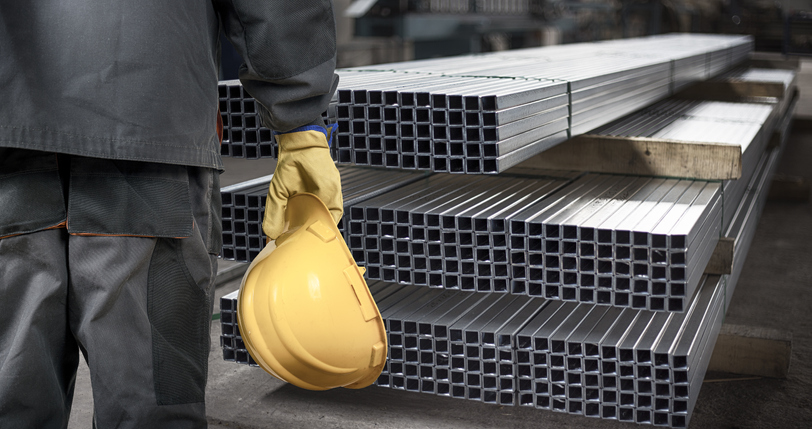Aluminum is a highly desirable metal in the manufacturing industry due to its many applications. This silvery-white metal is the most widely used nonferrous metal in the world that can be found in airplane parts, home appliances, food processing equipment, cooking utensils and building materials. When this metal is melted and cast, oxidation can be introduced into the melt when temperatures are increased. So beryllium is added to remove gases and create a clean casting.
Gas Porosity of Aluminum
During the heating of metals before solidification, gases such as oxygen, hydrogen and nitrogen from the air can be picked up by the aluminum. These gases are highly soluble, as the gases dissolve into the aluminum metal. When the metal hardens, voids can form that can cause brittleness. In addition, impurities that are already present in the metal can increase the presence of hydrogen being introduced into the aluminum. The hydrogen increases the porosity of the aluminum, which negatively impacts its tensile strength and other mechanical properties as high-temperature deterioration and blistering can occur.
Benefits When Beryllium is Added to Aluminum
Beryllium is a gas scavenger when it is added to aluminum. It reduces the oxidation by creating a type of protective coating on the top of the melted aluminum. This protective surface prevents the gases that are present in the environment from the being picked up by the aluminum and diffused throughout the melt. Only a small amount of beryllium needs to be added, up to 0.1%, for the oxidation reduction to occur. Discoloration of wrought aluminum is also reduced.
When the oxygen and nitrogen is reduced in aluminum, a cleaner casting is produced. The strength and ductility of the aluminum is improved. The oxidation can be reduced in aluminum in both its solid and liquid states.
Another benefit of beryllium is that it will not impact the aluminum’s other positive characteristics, such as its corrosion resistance, lightweight properties and conductive capabilities. Beryllium itself is lightweight, electrical and thermal conductive, corrosion resistant to nitric acid, and strong. In addition, beryllium can increase the aluminum’s strength and fluidity. Since beryllium can be worked against and with the grain, there is no grain coarsening in the aluminum at higher temperatures.
Obtaining Beryllium Aluminum for Your Application
Here at Belmont Metals, we provide a range of nonferrous metals and alloys to manufacturers for their applications. We have aluminum that contains small amounts of beryllium to reduce the oxidation effects. You can obtain 2.5% Beryllium Aluminum and 5% Beryllium Aluminum in 4-ounce to 5-ounce pieces as well as 5-pound slabs.
If you are experiencing problems when working with aluminum, speak with our metallurgists who can learn more about the issues and help you decide on the right beryllium aluminum for the job. Contact our company today for more technical information.

